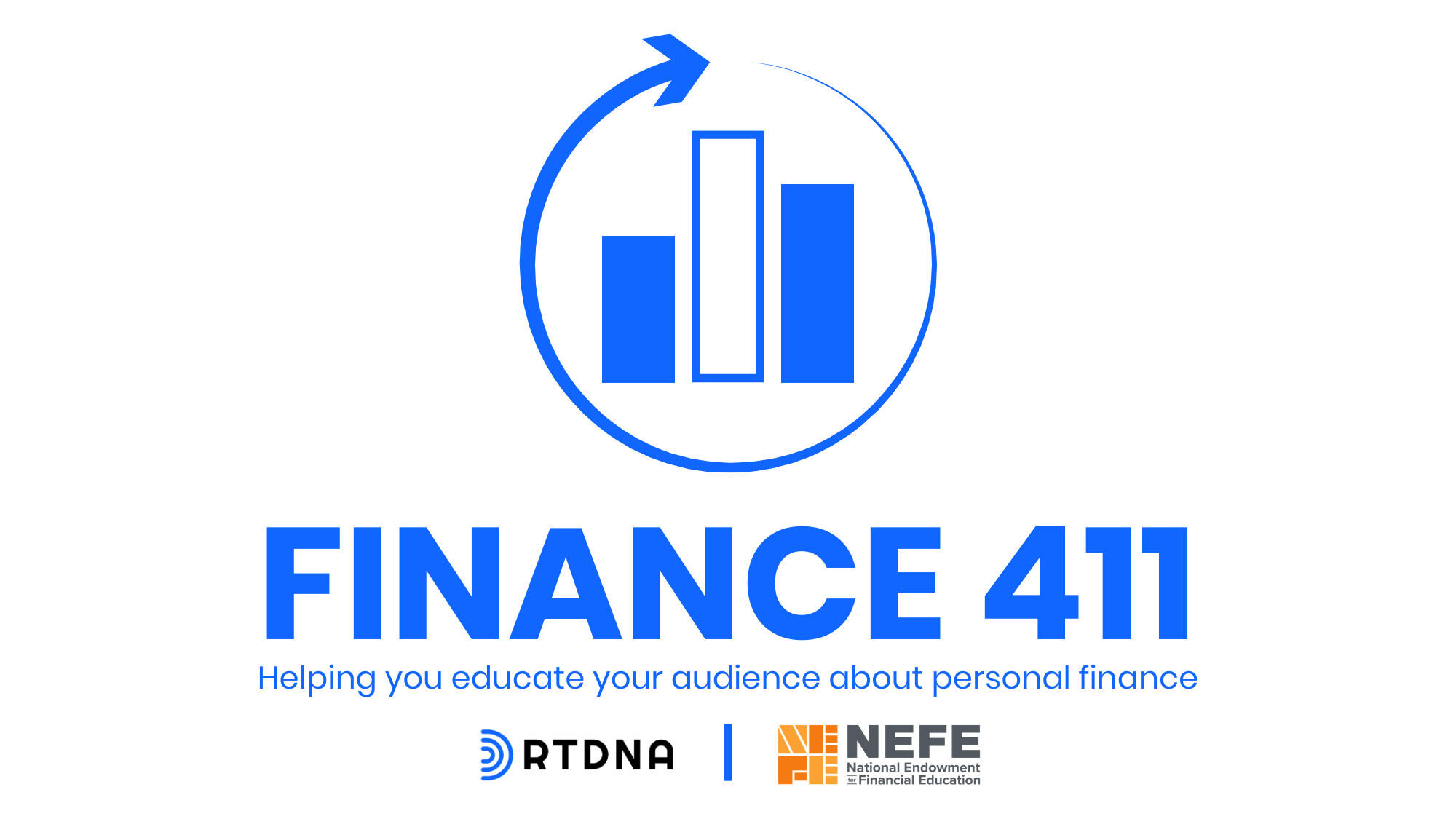Money Matters: Apple enters credit card game
Photo credit: Marco Verch

Apple Card
iPhone users who take advantage of Apple Pay now have another option for easy purchases on their phones or in person – Apple Card from Apple and Goldman Sachs.
The Apple Card runs on the Mastercard network.
There are no fees for the card, including foreign transaction fees, and the interest rates are relatively low, but rewards are lower than many other cards – 1% on most purchases, 2% when using Apple Pay, and 3% for Apple Store purchases, further incentivizing sticking with Apple products.
The titanium physical card can be used in person, but does not have numbers on it. This means if your physical card is stolen, it can’t be used online – but also means that your own online shopping could be tricky if you’re not shopping somewhere that accepts Apple Pay. You’d have to access the virtual credit card within the app, which can be reset.
So is the Apple Card a good choice for credit card? Short answer: It depends.
Everyone’s financial goals are different, so there are a few factors to consider when selecting a credit card. Now’s a great time for a refresher (or a primer)!
Interest Rate
For those who may want to use a credit card as a short term loan vehicle – in other words, carry a balance from month to month – interest rate is key. While a large and growing number of Americans carry credit card debt, it may not be the best way to finance necessary purchases you don’t have cash on hand for. Some cards do offer introductory rates but watch the fine print. How long does the introductory rate last? What is the rate if you haven’t paid your balance by the end of the promotional period?
Rewards
Using a credit card for rewards is a great way to capitalize on purchases you would make anyway. For those who stick to set spending plans, using a credit card for most purchases and paying it off each month can be a good way to accrue cash back, travel miles or other benefits. Before selecting a rewards credit card, consider whether you’re likely to spend beyond your ability to pay each month. And compare Watch for fees with rewards cards.
Fees
Why would you sign up for a credit card with an annual fee when so many have no fees? Again, it depends on personal financial goals. Sometimes, the value of rewards and perks can exceed the cost of fees. Compare your typical budget with the fees. Does your typical spending or use of a certain perk yield back more than the cost of the fees?
Weekly Money Matters personal finance content for your newsroom is sponsored by the National Endowment for Financial Education. Learn more at the Money Matters session at Excellence in Journalism.
